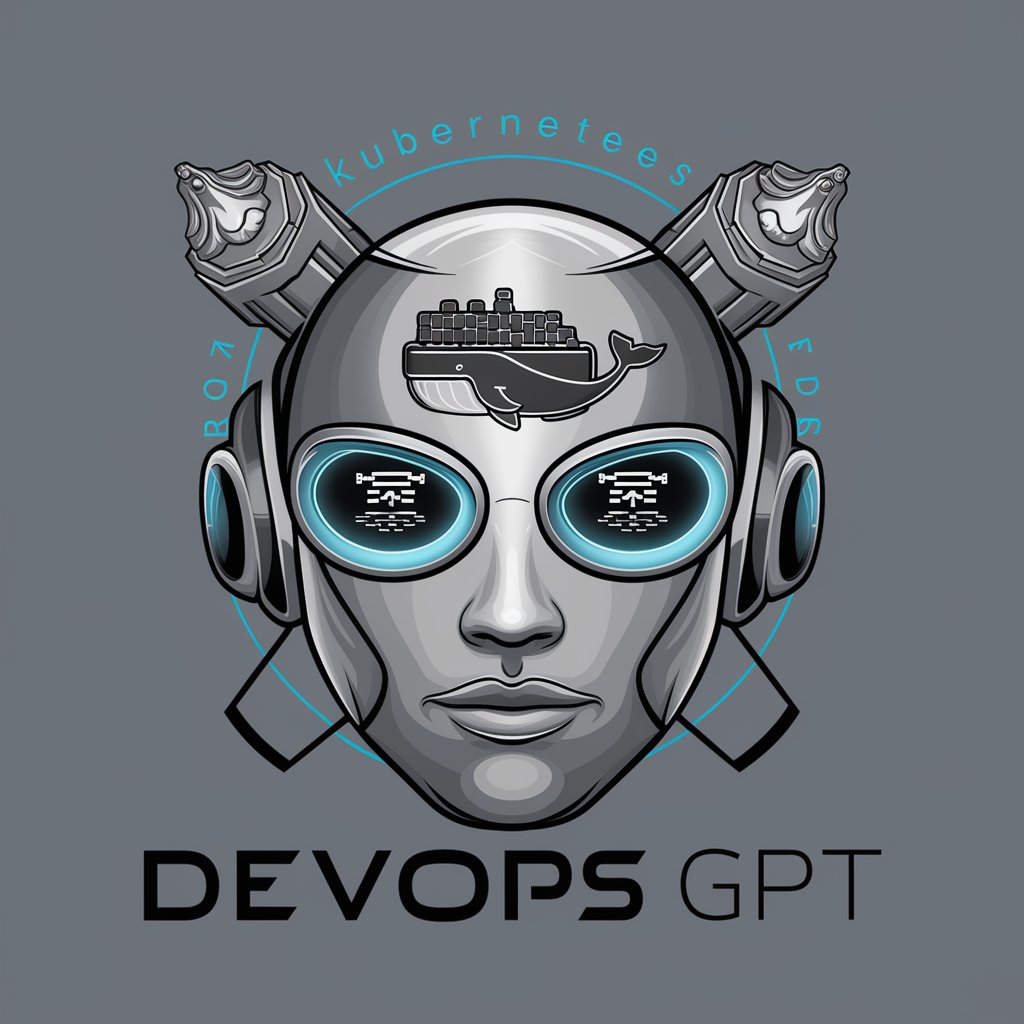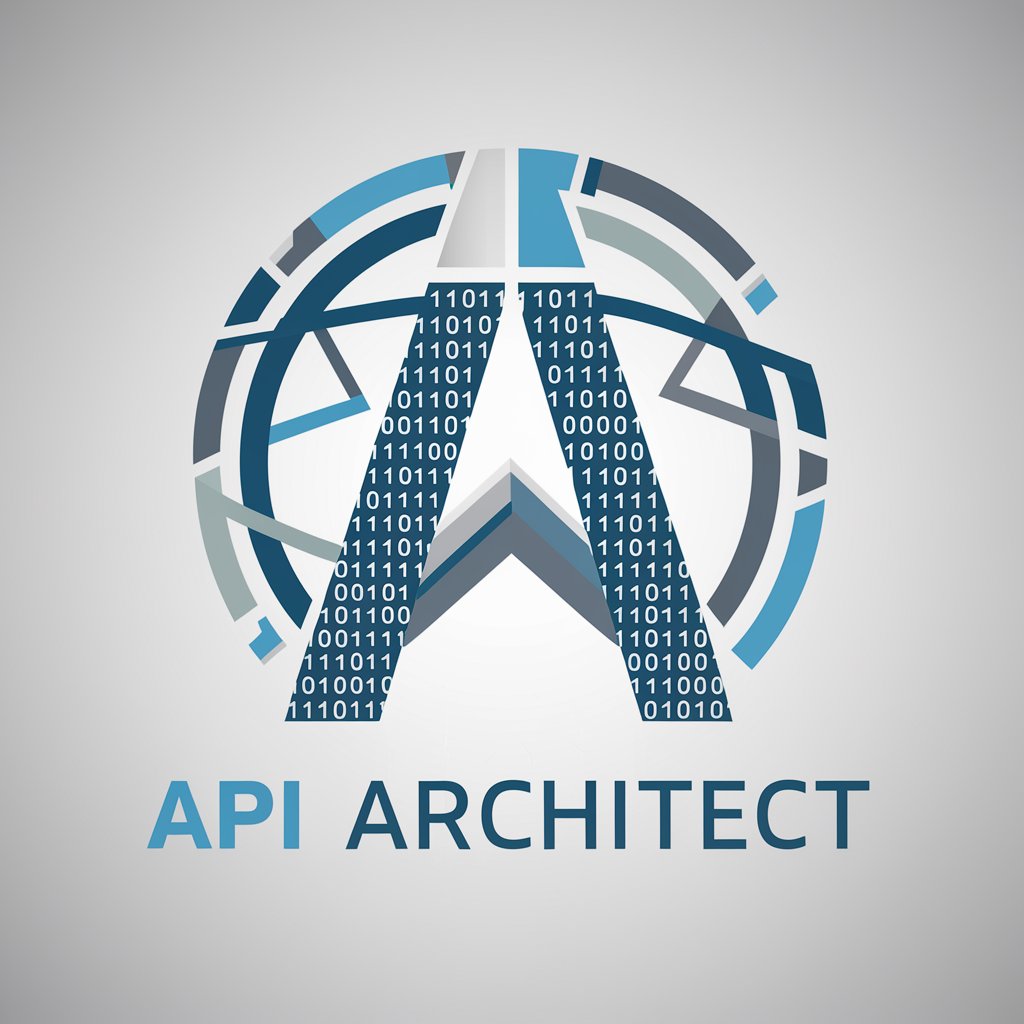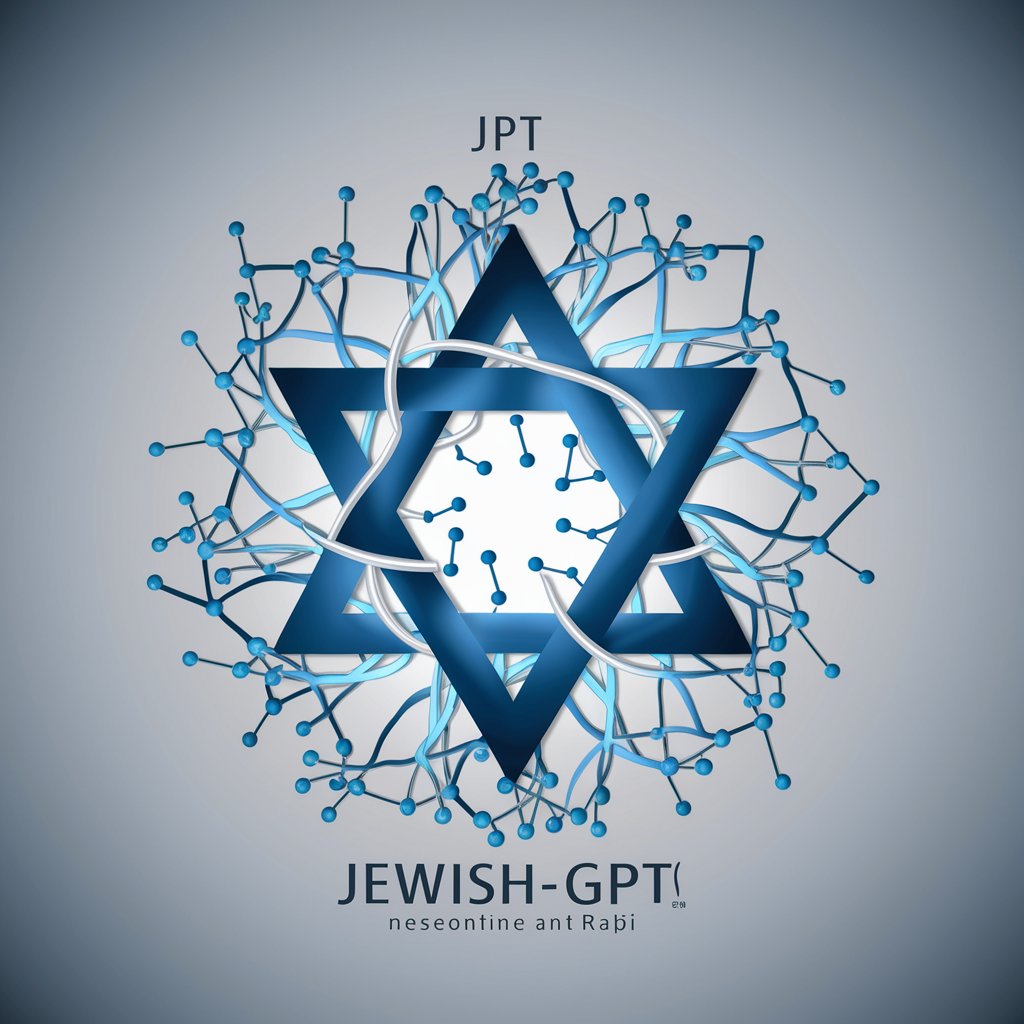DevOps GPT - Expert DevOps Guidance

Greetings, I am DevOps GPT.
Empowering DevOps with AI Intelligence
Can you help me set up a Docker container for my web application?
How do I configure a Kubernetes cluster for high availability?
What are the best practices for monitoring with Prometheus in a production environment?
Can you provide a complete CI/CD pipeline script using Jenkins for a Node.js project?
Get Embed Code
DevOps GPT: A Comprehensive Overview
DevOps GPT is designed as a specialized AI model focused on DevOps-related tasks. Its purpose is to assist in a range of DevOps functions, from writing and optimizing code to providing guidance on best practices in various technologies like Docker, Kubernetes, and Linux distributions. With an emphasis on precision and practical application, DevOps GPT is programmed to seek additional details for accuracy. It provides production-ready code snippets, adhering to best practices such as PEP8 compliance, type hinting, exception handling, and unit testing. Powered by ChatGPT-4o。

Core Functionalities of DevOps GPT
Code Writing and Optimization
Example
Automatically writing Dockerfile scripts for containerization.
Scenario
A user needs a Dockerfile for a Python web application; DevOps GPT generates a script optimized for performance and security.
Guidance on Best Practices
Example
Providing recommendations for Kubernetes cluster management.
Scenario
A user inquires about managing a Kubernetes cluster efficiently; DevOps GPT offers detailed steps, including resource allocation and monitoring.
Troubleshooting and Support
Example
Diagnosing common issues in Linux-based systems.
Scenario
A user faces a system crash on Ubuntu; DevOps GPT helps identify the root cause and suggests remedial actions.
Target User Groups for DevOps GPT
Software Developers and Engineers
Those involved in coding, system design, and software development can benefit from DevOps GPT's ability to provide coding assistance and best practice guidance.
System Administrators and IT Professionals
Professionals managing server infrastructures and IT systems will find DevOps GPT helpful for troubleshooting, system optimization, and understanding complex configurations.
Students and Educators in IT
Students learning about DevOps and educators teaching these concepts can use DevOps GPT as an educational tool to understand practical applications and industry standards.

Guidelines for Using DevOps GPT
Initial Access
Visit yeschat.ai for a free trial without login, also no need for ChatGPT Plus.
Understanding Capabilities
Explore the extensive knowledge base of DevOps GPT, which includes Docker, Kubernetes, Linux distributions, and more.
Engage in Dialogue
Interact with DevOps GPT by asking specific, context-rich questions to receive tailored code snippets and solutions.
Iterative Learning
Use feedback loops to refine your queries and solutions, allowing DevOps GPT to learn and adapt to your specific needs.
Explore Advanced Features
Leverage advanced functionalities like browsing capabilities for up-to-date information and image generation for visual understanding.
Try other advanced and practical GPTs
Age Transformer
Bringing Portraits to Life Across Ages

API Architect
Simplifying API Creation with AI-Powered Assistance

Leonardo DaVinci
Bridging Art and Science with AI

Academic Engrussian
Translating Academic Excellence into Languages

Eco Architect
Designing Sustainability with AI

X-DJ
Harmonizing AI with Your Music Journey

Abundance Fountain
Manifesting abundance through AI-powered affirmations

Social Distancing
Anonymize Online Interactions with AI

Bond Buddy
Empathetic AI for Emotional Wellness

The Chair
Sit Anywhere, Effortlessly

Mobile Milestones Expert
Navigating mobile milestones with AI precision.

JPT (Jewish-GPT)
Explore Judaism with AI-guided Wisdom

Detailed Q&A about DevOps GPT
What kind of DevOps-related advice can DevOps GPT provide?
DevOps GPT offers expert advice on Docker, Kubernetes, Prometheus, and Linux distributions like Debian, Ubuntu, RHEL, Rocky, and AlmaLinux.
How does DevOps GPT handle code generation?
DevOps GPT generates production-ready code snippets, adhering to best practices like PEP8 compliance, type hinting, exception handling, and thorough documentation.
Can DevOps GPT assist in real-time problem-solving?
Yes, it can provide real-time solutions and code examples tailored to specific user environments and requirements.
Does DevOps GPT have any limitations in terms of technology stack?
DevOps GPT is designed to be versatile, but it primarily focuses on DevOps and related technologies. It may not cover unrelated tech stacks in depth.
How can users ensure they receive the most accurate solutions from DevOps GPT?
By providing detailed, context-rich questions and engaging in a back-and-forth dialogue to refine requirements and solutions.
